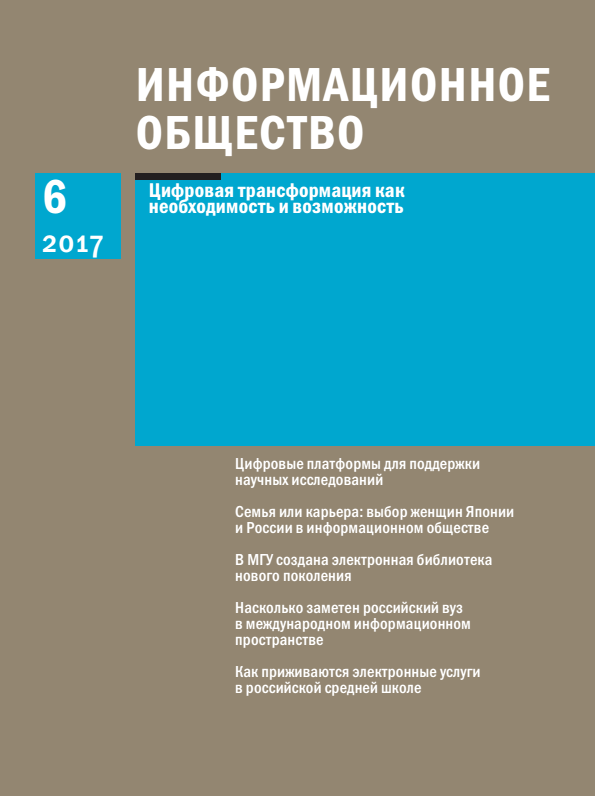Gender Discrimination in the Labor Market of Russia and Japan
Keywords:
labor market, women, level of employment, education, wages, sectors of economy, Gender Inequality Index, advanced training, family employment, occupation, digital economy.Abstract
Information Society promotes the development of new forms of employment, providing women with the opportunities for becoming more successful at the labor market, and, consequently, reduces gender disparity in the field of labor relations.
The article compares the discrimination of women in the labor markets of Russia and Japan, taking into account the following factors: level of women’s economic employment, gender gap in wages, level of education and opportunities for women to combine professional and family responsibilities.
The author concludes that due to specificity of historical development and cultural traditions, the women employment in Russia is generally high in compare to men. In Japan, the value of this indicator is much lower, that largely depends on the differences in terms of employment and the sex of the employee. It is shown that there is almost the same gender gap in wages in Russia and Japan. However, in Russia the value of this indicator varies and significantly depends on the sector of economy and occupation, in Japan – on the terms of employment.
